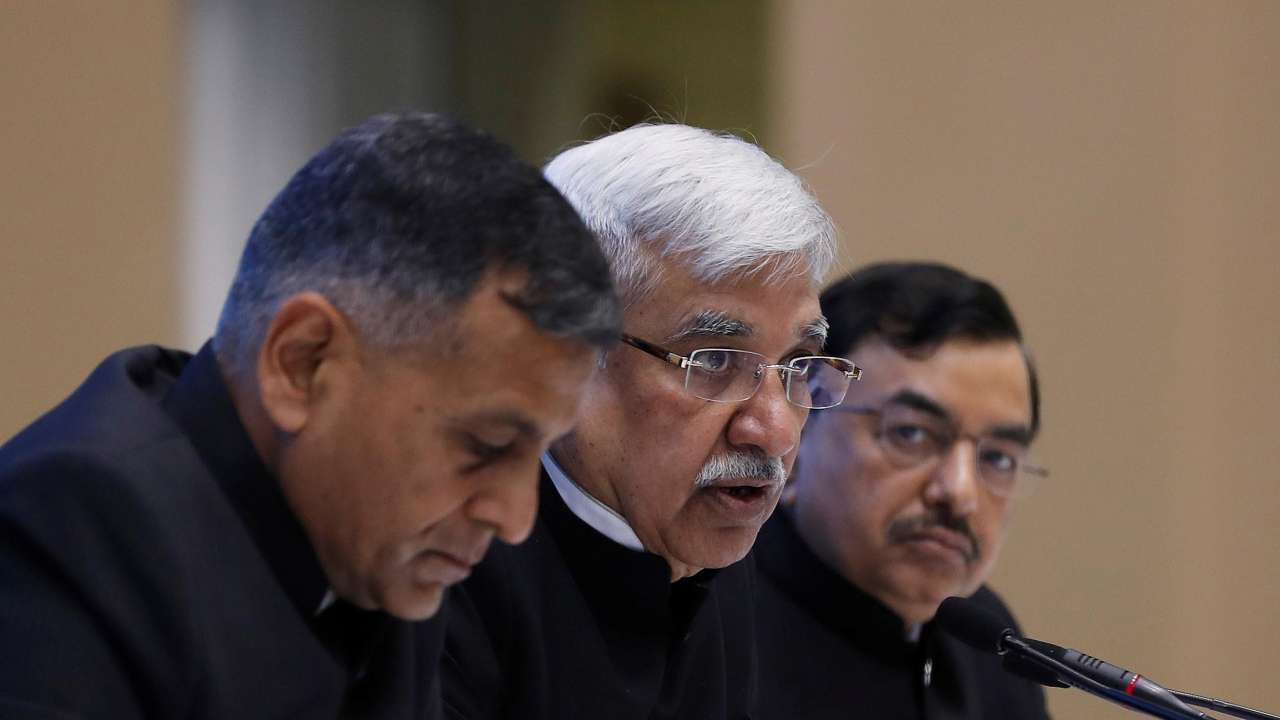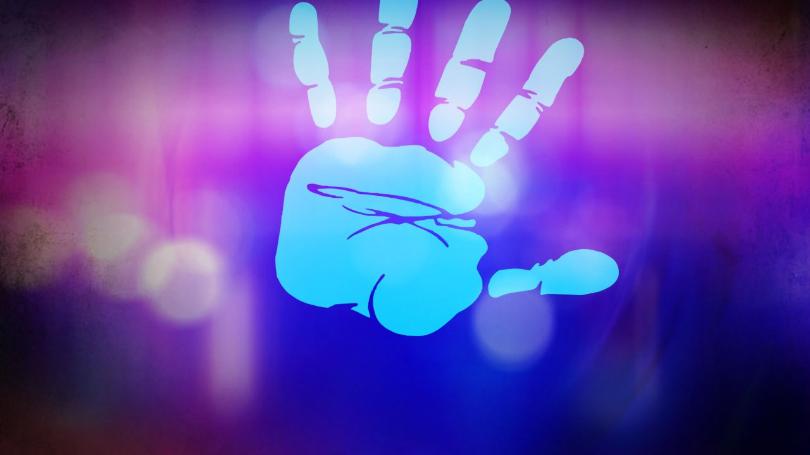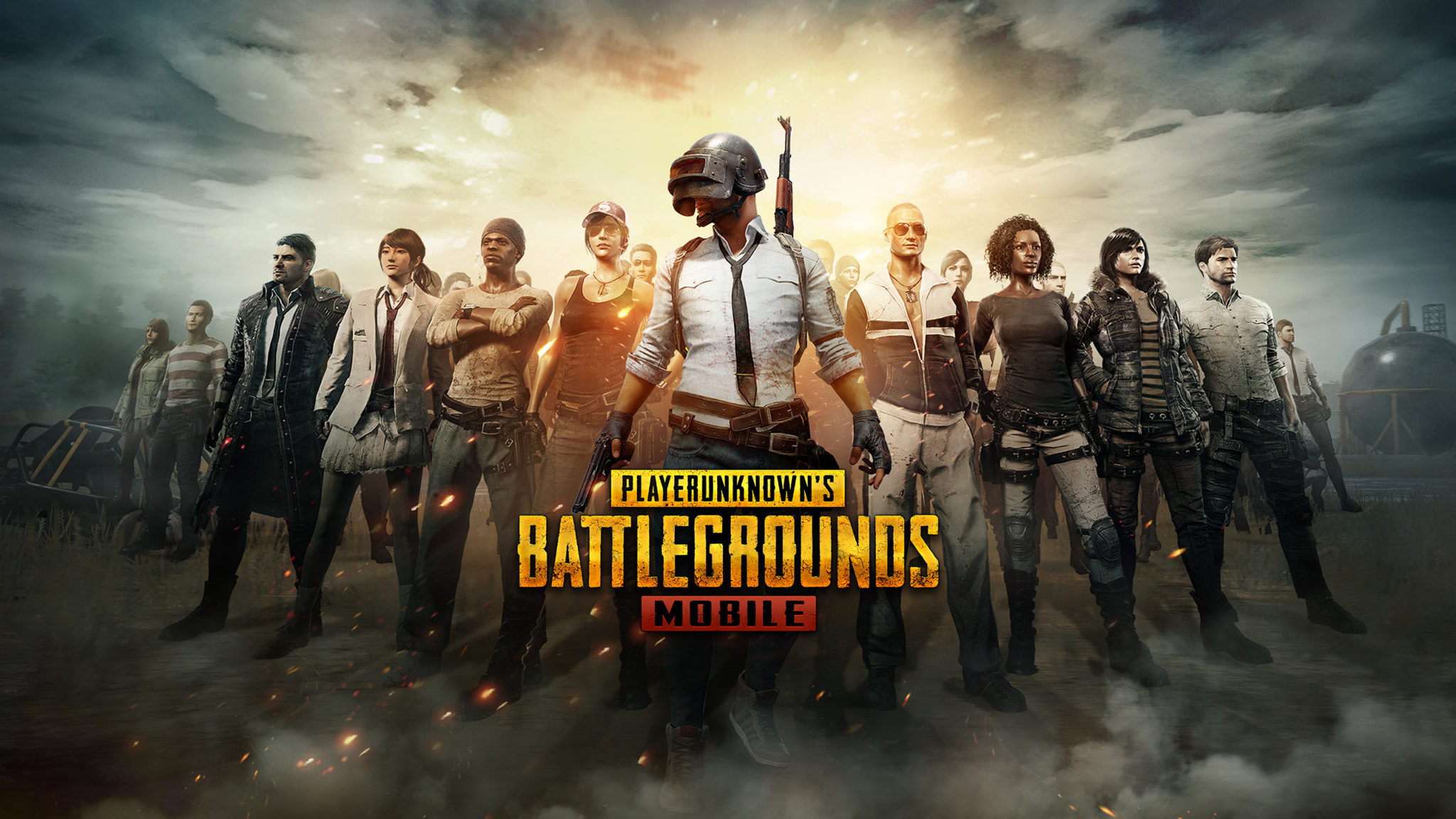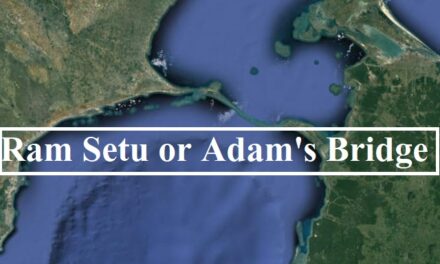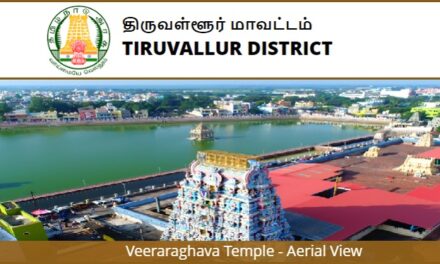The Election Commission Saturday barred political parties from releasing election manifestos in the last 48 hours before polling.
The commission has now made the release of election manifestos a part of the Model Code of Conduct (MCC), which is a set of rules to be followed by parties after elections are announced.
The amended model code now states, “In case of single phase election, manifesto shall not be released during the prohibitory period, as prescribed under Section 126 of the Representation of the People Act 1951.
“In case of multi-phase elections, manifesto shall not be released during the prohibitory periods, as prescribed under Section 126 of the RP Act of all the phases of those elections.” Section 126 of the act embodies “election silence”, which prohibits any form of election campaign in the last 48 hours leading up to voting.
As of now there was no rule on timing of release of manifestos.
In 2014, the BJP had released its Lok Sabha manifesto on the day of voting in the first phase. Although the Congress had complained to the EC, stating this would influence voters, the commission was unable to act since the
MCC is silent on the timing of the manifesto’s release.
A panel formed by the EC had recently recommended that parties be barred from releasing manifesto in the last 72 hours before polling.
While several parties were silent on the issue, the Congress had opposed the proposal. Since model code is not a law, any violation leads to a reprimand by the EC.
In case of single-phase election, manifesto shall not be released during the prohibitory period’ as prescribed under Section 126 of the Representation of the People Act, 1951. The same will apply during multi-phase elections. This implies In the seven-phase Lok Sabha elections, parties cannot release manifesto in the last 48 hours before each phase on April 11, 18, 23, 29, May 6, 12 and May 19.
Section 126(1) in The Representation of the People Act, 1951
No person shall :
(a) convene, hold, attend, join or address any public meeting or procession in connection with an election; or
(b) display to the public any election matter by means of cinematograph, television or other similar apparatus; or
(c) propagate any election matter to the public by holding, or by arranging the holding of, any musical concert or any theatrical performance or any other entertainment or amusement with a view to attracting the members of the public thereto, in any polling area during the period of forty-eight hours ending with the hour fixed for the conclusion of the poll for any election in that polling area.

